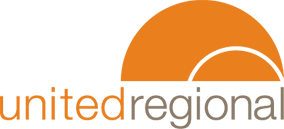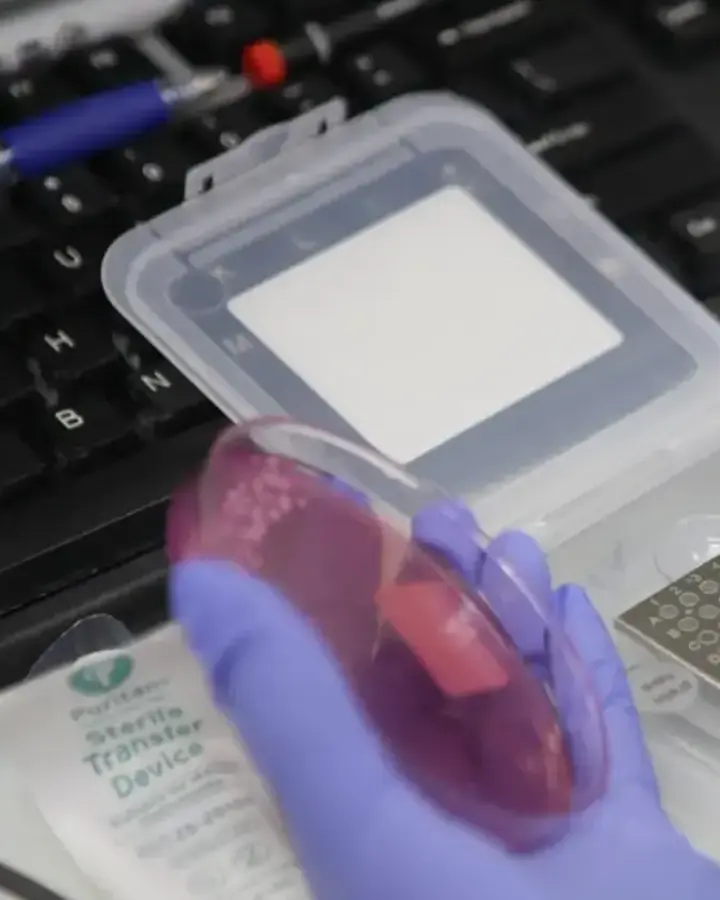Are you ready to be an important part of the healthcare team?
If you're interested in a career in medical laboratory science, United Regional is the place for you.
What is a Medical Laboratory Scientist?
Medical Laboratory Scientists are highly skilled individuals that posses the knowledge and expertise to perform complex analyses that guide patient care. Although their work is done in the background, Medical Laboratory Scientists are a vital part of the health care team.
Why choose Medical Laboratory Science?
Medical laboratory science combines the challenges of biological science with the rewards of practical medicine. As a medical laboratory scientist (MLS), your work impacts nearly every area of patient care and helps guide the decisions doctors and nurses make every day.
Hands-On Experience
As a student in the United Regional MLS Program, you’ll train with the latest laboratory automation and diagnostic technology. Clinical rotations take place in our full-service Pathology Lab, where you’ll gain experience in:
- Clinical chemistry
- Hematology
- Blood bank
- Microbiology
Program Overview
- Length: 52 weeks
- Start Dates: January and July each year
- Tuition: No tuition required
- Stipend: $125 per month to help with expenses like books
- Education Assistance: Up to $5,000 per year for eligible students
Note: Students who receive education assistance must commit to working for United Regional’s laboratory for one year after graduation, if a position is available. If not, repayment may be required.
Admission Requirements
To apply, you must:
Hold a bachelor’s degree in biology, chemistry, medical laboratory science, or a related field.
OR
Be eligible for a degree from an affiliated university upon completing the program.
Required Coursework
- Biology: 16 hours, including microbiology with lab (immunology recommended)
- Chemistry: 16 hours, including biochemistry or organic chemistry (preferably with lab)
- Math: 6 hours, including college algebra or higher and statistics.
NEW FOR 2025 APPLICANTS: All applicants must complete a GPA Calculation & Coursework Verification Worksheet. Instructions can be found in the digital form which is linked below. A sample worksheet is also linked below.
Important Dates
2025
December 20th: Final application deadline for July 2026 start
2026
January 5th - 9th: Interviews for July 2026 start
January 9th: Graduation January for 2025 start
January 12th: First day of class January 2026 start
May 1st: Early decision application deadline for January 2027 start
May 11-15th: Interviews for January 2027 start
July 10th: Graduation July 2025 start
July 13th: First day of class July 2026 start
September 18th: Final application deadline January 2027 start, Early decision application deadline July 2027 start
September 28th - October 2nd: Interviews for January 2027 AND July 2027 start
December 19th: Final application deadline July 2027 start
2027
January 4th - 8th: Interviews for July 2027 start
January 8th: Graduation January 2026 start
January 11th: First day of class January 2027 start
How to Apply
- Digital interactive application
- Three confidential recommendation forms
- Official transcripts
- Letter of intent
- GPA calculation and coursework verification worksheet
- MLS School Student Handbook
- Digital Interactive Application
- GPA Calculation & Coursework Verification Worksheet
- GPA Calculator Worksheet Sample
- MLS Program Printable Brochure
[email protected]
Mail documents to:
Amanda Snook, Program Director
School of Medical Laboratory Science
United Regional Health Care System
1600 11th St, Bethania Building
Wichita Falls, TX 76301
Medical Laboratory Science Program Outcome Measures
| Year | Students | Graduation Rate | Job Placement | Board Pass Rate |
|---|---|---|---|---|
| 2023 | 2024 | 2025 | ||
| 4 | 11 | 6 | ||
| 100% | 100% | 100% | ||
| 75% | 100% | 100% | ||
| 50% | 100% | 100% |
Affiliated Universities
- Midwestern State University – Wichita Falls, TX
- Texas Woman’s University – Denton, TX
- University of North Texas – Denton, TX
- Southwestern Oklahoma State University – Weatherford, OK
Our Philosophy
Our philosophy is to strive to deliver quality health care by updating and upgrading our education techniques to train competent and compassionate Medical Laboratory Scientists.
We will promote the professional standards expected in health care and maintain the high academic standards required in the Medical Laboratory Science field.
Didactic
Students begin the 52-week Medical Laboratory Science Program with 24 weeks of intensive classroom work that prepares them for their clinical rotations and certification exams. Students learn the theory behind the work they will do in clinical rotations as well as the in-and-outs of laboratory operations, management, and safety. The didactic section is lead by experienced and dedicated educators that make up the MLS Program’s faculty. Students work directly with the Program Director and Assistant Program Director.
The Medical Laboratory
The pathology lab at United Regional is a full service lab offering services in chemistry, hematology, blood bank, and microbiology. Students rotate through each department where they shadow laboratory professionals and contribute to patient care.
Clinical Chemistry
The six-week clinical chemistry rotation puts students in a high volume environment working with advanced laboratory automation. Students learn how to work with analyzers that deliver routine metabolic profiles and aid physicians in the diagnosis of conditions such as diabetes, heart disease, and autoimmune disorders.
Hematology
A complete blood count is an important tool for monitoring overall patient health. Students will learn how to interpret complete blood counts and perform white blood cell differentials, tests that provide physicians with important information. The five-week rotation also has students spending time performing cell counts on other body fluids like cerebrospinal fluid, working in urinalysis, and analyzing coagulation samples that are used for monitoring anticoagulant therapy and diagnosing bleeding disorders.
Blood Bank
To some, the most exciting department in the medical lab has students working directly with United Regional’s trauma response team. Students will learn how to think on their feet and work under pressure in a blood bank that services a Level II Trauma Center. Students also perform routine blood types, cross-matches, and antibody identifications in this five-week rotation.
Microbiology
The microbiology department performs cultures on a wide variety of specimen types to identify the causative agents of infections. Students get experience reading Gram stains, interpreting bacterial growth, and performing antibiotic susceptibility testing. In this eight-week rotation, students work with the latest and greatest technology in pathogen identification and laboratory automation.
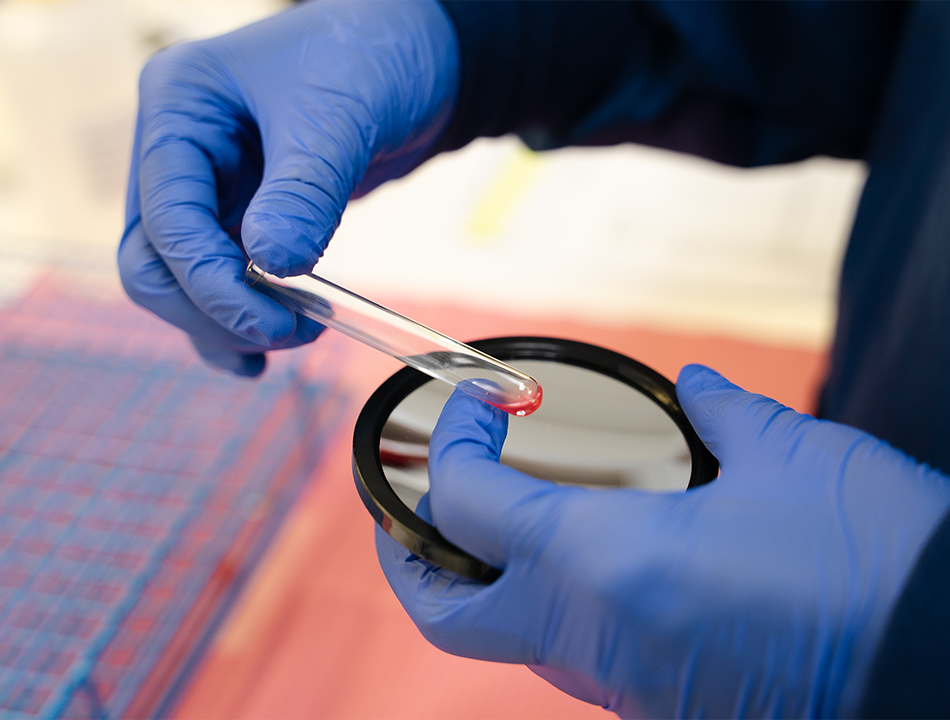
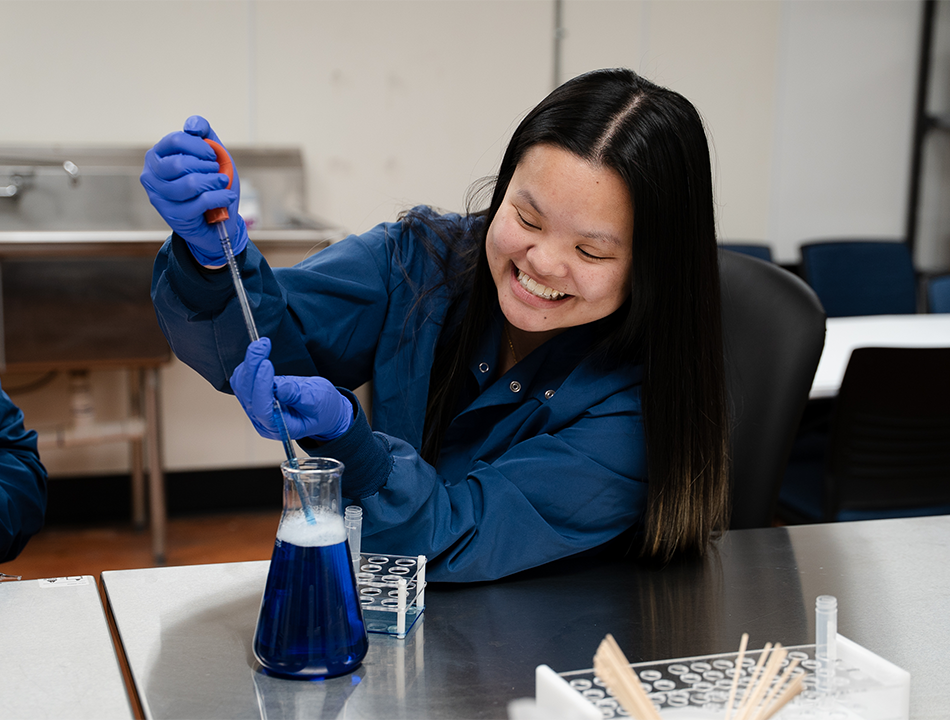
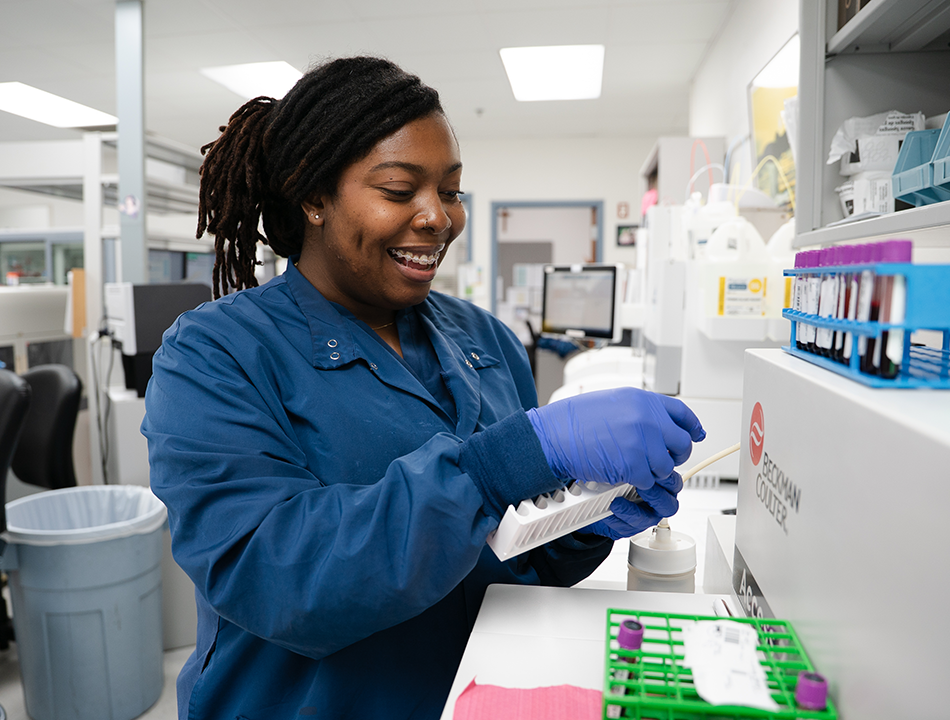

National Accrediting Agency for Clinical Laboratory Sciences
The Medical Laboratory Science program and United Regional are fully accredited by the National Accrediting Agency for Clinical Laboratory Sciences
